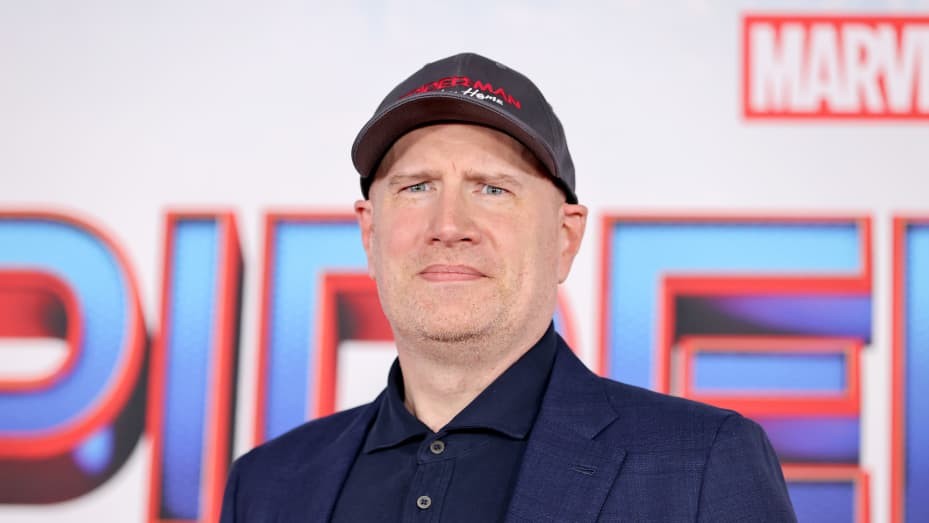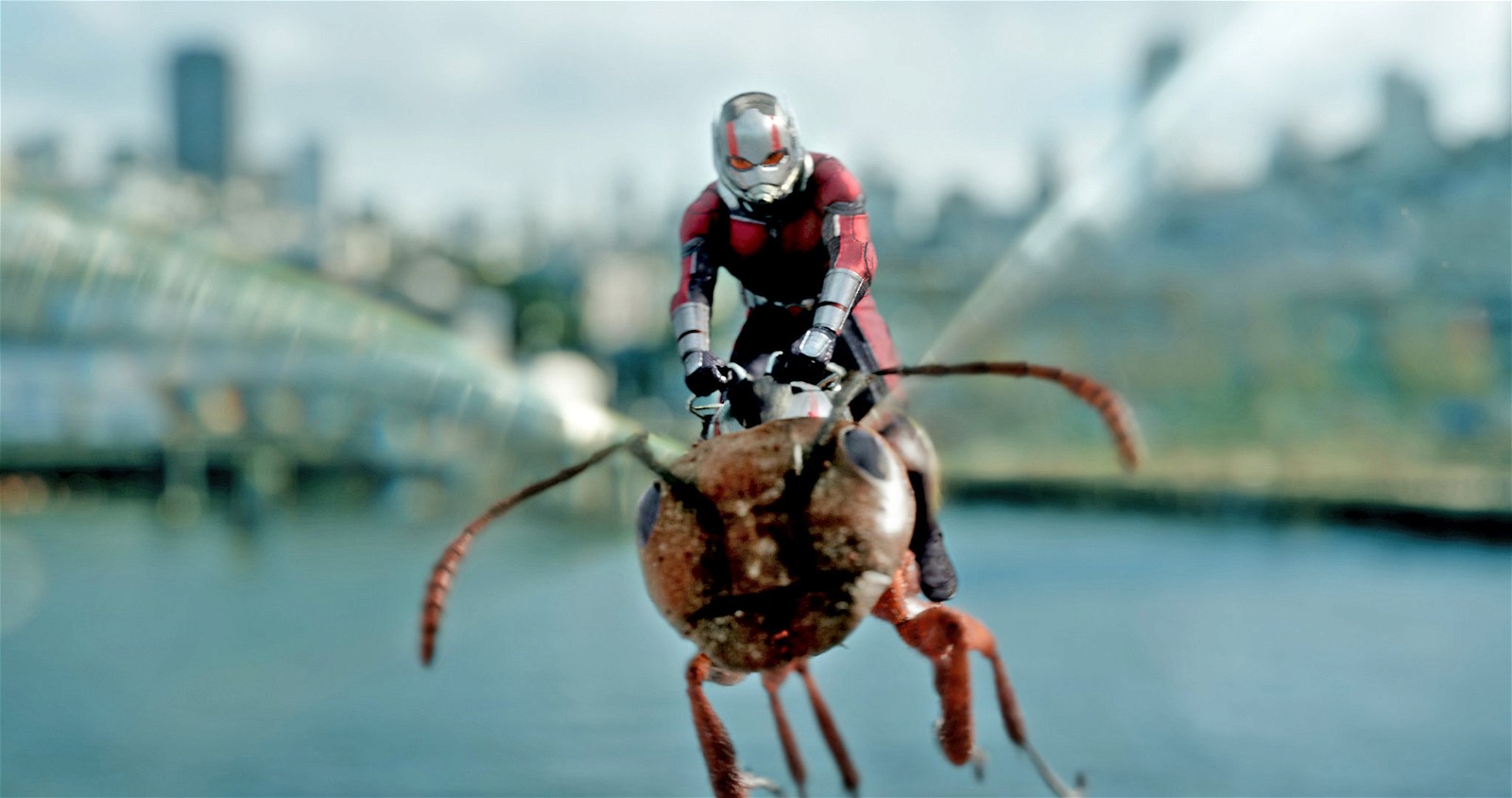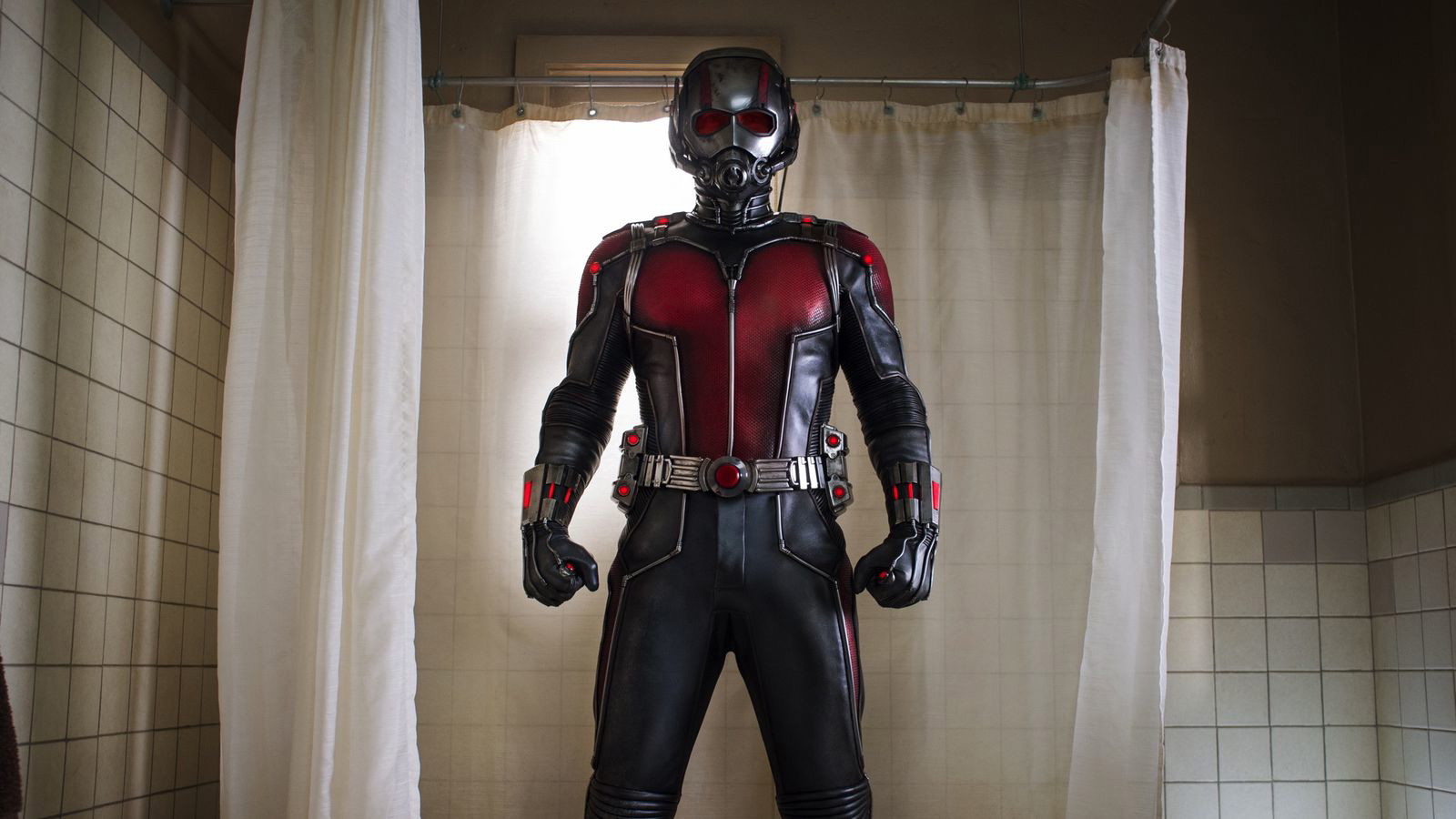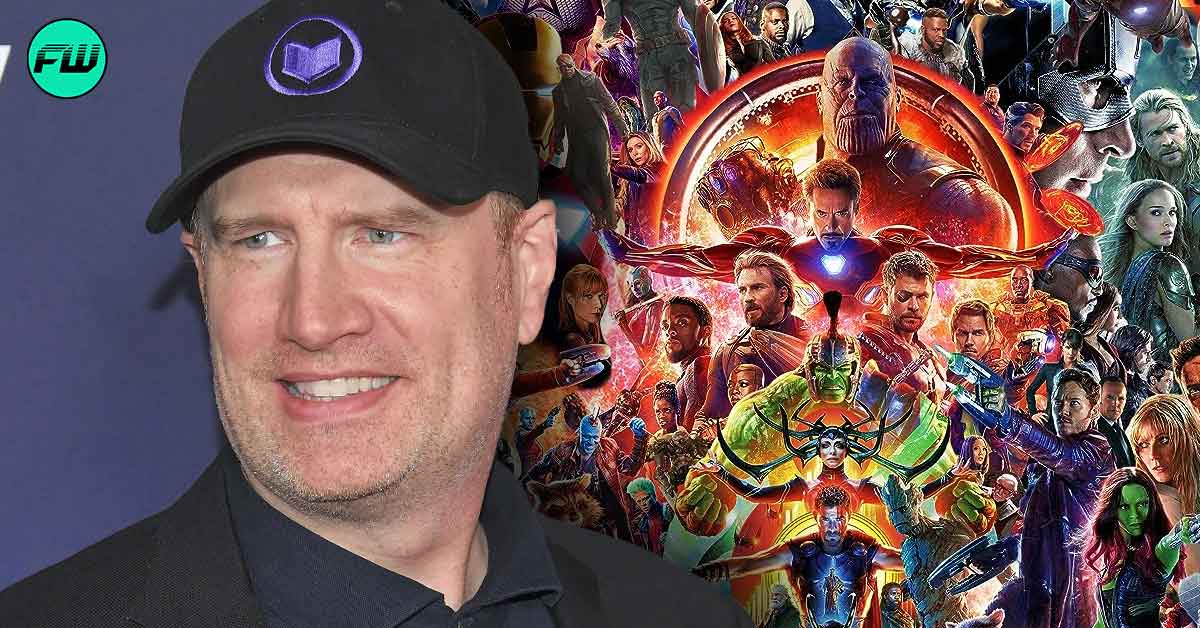Kevin Feige’s name carries a lot of weight in the world of modern cinema as his influence is unmatched as the visionary mastermind behind the Marvel Cinematic Universe’s (MCU) unparalleled accomplishment. Yet, the departure of MCU director Edgar Wright under the 50-year-old spearhead adds an enigmatic layer.

Despite the film’s astonishing $518 million box office success, Feige’s choice to cut off his relationship with Wright has had an impact on the entertainment industry.
Edgar Wright Excluded Different Marvel Figures From His Ant-Man Film
The Marvel Cinematic Universe (MCU) is witness to a truly distinctive directorial journey under Edgar Wright’s guidance with Ant-Man. A cherished figure among MCU lovers, the film occupies a special place in the hearts of fans.

Imagine, if not for his solo debut in the 2015 picture, the very fabric of the MCU might have taken an alternate course.
Original Ant-Man Director Edgar Wright, a visionary who had embarked on crafting his unique Ant-Man film long before the MCU’s inception with Iron Man in 2008, seemingly held no intentions of routing the character to the sprawling Marvel Cinematic Universe, as confirmed by a crew member from the maiden film.
Although creative differences led Wright to part ways in 2014, allowing Director Peyton Reed to take the reins, the filmmaker still garners writing and story credits for his indelible contribution.
But what were Wright’s initial aspirations for the character and the film? To commence, co-writer Joe Cornish unveiled that Wright’s departure stemmed from his intrinsic desire to create films that distinctly bore his signature.

In an exclusive conversation with The Direct, Colby Parker Jr., the expert editor behind Gran Turismo and Ant-Man, shed light on Wright’s shelved version of Scott Lang’s Marvel Studios debut. Parker Jr. revealed,
“I don’t think there would have been any other Marvel characters set up. I think he was going to be a standalone. He didn’t want any other Marvel characters in the film… I don’t think the Falcon would have been in Ant-Man.”
Parker Jr. continued to affirm Wright’s resolve against intertwining his film with other Marvel characters or submerging Ant-Man within a grander narrative, such as the expansive MCU canvas.
Yet, despite Ant-Man’s success, the MCU did weather its share of challenges. The shadow of a tumultuous time appeared, showing how even the success story is intertwined with twists and turns.
How Did Ant-Man Perform At The Box Office?

Ant-Man, the miniature hero honoring a colossal impact, staged an impressive spectacle at the box office. Its 2015 release unleashed a wave of intrigue within the Marvel Cinematic Universe (MCU), yet Ant-Man’s emergence wasn’t without a cloud of skepticism.
Amidst the lineup of Marvel characters, Ant-Man stood as an abnormality, a role magnificently embraced by Paul Rudd.
However, the movie’s allure is twofold, for it shares its spotlight not just with the titular character, but with the echoes of a directorial choice that once stirred headlines, the departure of Wright, renowned for hot fuzz.
As the curtains rise on Ant-Man, the narrative weaves an intriguing dance. Scott Lang’s introduction unfolds in darkness, a set of images of imprisonment that deftly transforms into companionship, setting an enigmatic tone that permeates the journey.
At the heart of it all lies the box office resonance, a resounding reception mirrored in the impressive $518 million global box office collection.
This figure not only speaks to the financial prowess but echoes the harmony struck between humor, action, and innovative storytelling, elements that collectively resonate with viewers.
Ant-Man is available on Disney+.
Source: The Direct

